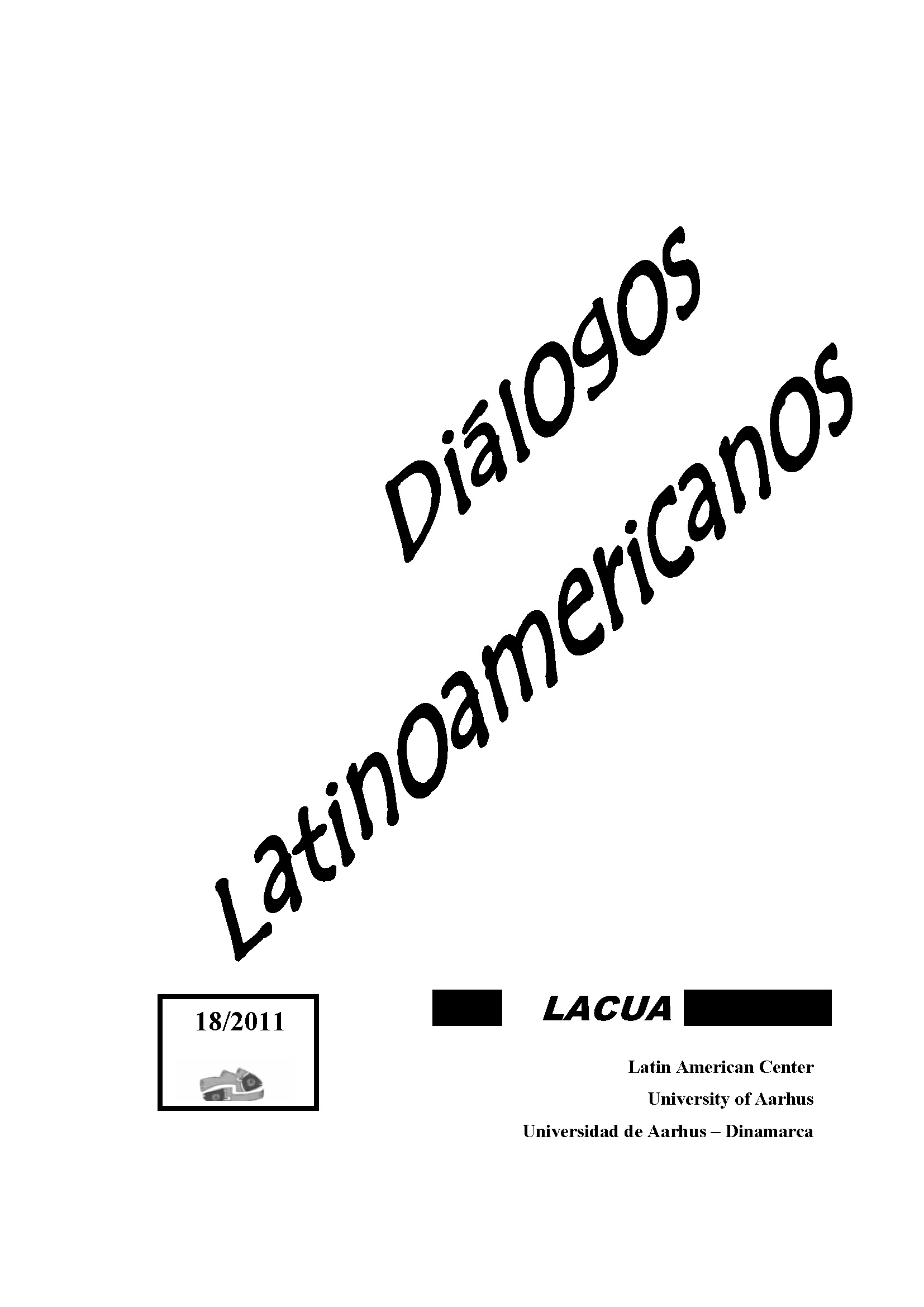Quando a consulta popular é uma fábula - O conto Sereníssima República de Machado de Assis como interpretação da democracia direta na América Latina
DOI:
https://doi.org/10.7146/dl.v12i18.113435Keywords:
Literature and politics, democracy, Machado de AssisAbstract
Originally published in 1882, in the collection of short-stories Papéis Avulsos, A Sereníssima República has as central theme the description of the political corruption, especially in the electoral context. The story also discusses how an ideal model (e.g. democracy), even if just, can be distorted in different ways, when subjected to practice. Also, the narrative shows all possible tricks of acquisition and retention of power. On the use of different textual resources: it is a tale, with the typical structure of this genre, which tells of a conference of Cônego Vargas that disseminates the scientific discovery about the world of spiders, with all the philosophical and scientific rigor inherent in this type of discourse. At this moment the text acquires the characteristics of a fable. With a distinctive wit and irony, the writer develops a critical reflection about the popular consultation and the consequent irregular political manipulation of this process. On the basis of Machado de Assis‟ story this paper will enlarge the discussion, noting how his story can provide a critical and interpretative key to the interpretation of direct democracy in contemporary Latin America.
References
Downloads
Published
How to Cite
Issue
Section
License
Counting from volume 31 (2022), articles published in Diálogos Latinoamericanos are licensed under CC-BY 4.0. Read more about the license terms here https://creativecommons.org/licenses/by/4.0/.
No Creative Commons license applied on volumes 1-30. All rights reserved by the authors. Readers may download, read, and link to the articles, but they cannot republish the articles.
With the publication of volume 31 (2022), authors retain the full copyright to their articles and give Diálogos Latinoamericanos the right to the first publication. Authors also retain copyright to earlier versions of manuscripts, such as the submitted (pre-print) and the accepted manuscript (post-print).
Copyright to articles published in volumes 1-30 is held by the authors.





